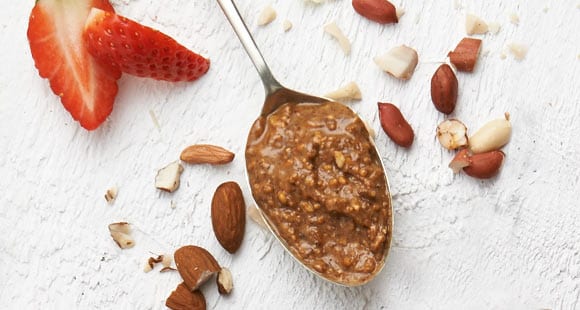
Vitamin A
Vitamin A is a fat-soluble vitamin – absorbed best in the body along with fats. It is very important for your vision, nerve function and skin. It is also a powerful antioxidant – battles against inflammation all over the body. Put very simply, anti‐oxidation is where all the protective and anti-ageing functions of vitamins stem from. Let’s talk a bit more about why vitamin A is absolutely necessary for you. Read more to find the various benefits of vitamin A.

Benefits of vitamin A
Good vision:
Vitamin A preserves the health and function of the retina. A healthy retina is key to good vision. It reduces the age‐related worsening of vision. Vitamin A also helps with dry eyes. It keeps the eyes moist and clean i.e. reduce the itchiness and discomfort that some people may experience during dry seasons.
Immunity booster:
Are you prone to falling sick frequently? Do you contract common colds and flu every winter? If yes, vitamin A protects against infections and seasonal flu. It boosts the immunity by working at the level of our genes.
Healthy skin and anti-aging:
You will not be needing any botox when you have got vitamin A up your sleeves. Vitamin A supplementation keeps the skin looking young and healthy. It reduces wrinkle formation and stimulates the production of collagen which makes the skin supple and soft.
Food sources of vitamin A
Plant-based: This group contains all the fruits and vegetables that are rich in vitamin A. Regular consumption will prevent deficiencies. Some of the richest sources are carrots, sweet potatoes, kale, spinach, lettuce and red peppers. Fruits are another excellent source of vitamin A. Some of the fruits which are rich in vitamin A are mangoes, apricots, squash, and melons.
Animal‐based: Mostly eggs are a great source of vitamin A. Beef liver is another great source of vitamin a although many people are not accustomed to the taste. And lastly, fish, tuna specifically is the best source of vitamin A within this group.

Why should I consume vitamin A supplements?
If you consume all the above-mentioned food sources of vitamin A, then you are quite unlikely to experience any deficiencies. It is not necessary that if you consume lots of fruit and vegetables or are a meat eater that you can’t be deficient. Sometimes people do end up having poor diets which don’t include all the sources mentioned above. This vitamin is present in very specific items.
Other than that, sometimes a person's health is compromised where the body is unable to extract the best items and nutrients from the diet. They aren’t made available to the tissues and cells. That is when people start to experience issues like night-blindness, unhealthy skin, and frequent infections.
One should play it safe. When you have a solution, you don’t need to worry: vitamin A supplements. It's a safe method to prevent any deficiencies. These are best consumed with food during the day (lunch or breakfast). A good protein diet with adequate amounts of fat helps in the absorption of this vitamin throughout the body. The fat makes it more soluble in the body - good for better absorption. The protein helps carry it around in the blood. Every tissue and cell receives Vitamin A. There are chewable tablets available as well now since some find it hard to gulp down tablets.









